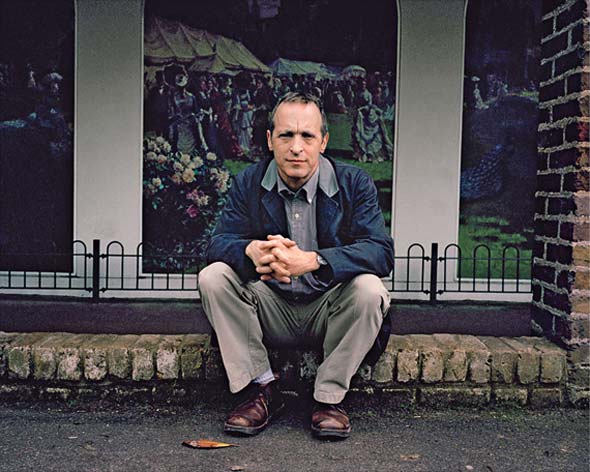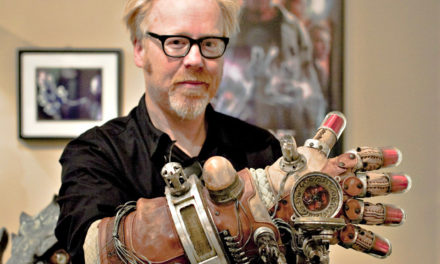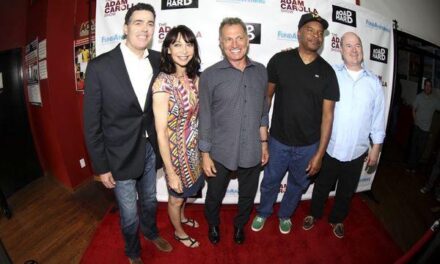Origins are a big deal. We like to know who did it first, so we can talk about who’s doing it BEST. This tendency defines art, and post-modern culture completely embodies it. People have been tracing origins and calling out copycats in music since Mozart, and they’ve been doing it with paintings since we started started doodling on cave walls probably. It’s a living-breathing, seemingly immortal, conversation.
Podcasts are trickier though. Because technically, the podcast is brand-derived. It’s an off-shoot of Apple’s iTunes platform. You’ve heard Adam Curry‘s name thrown around I’m sure. Curry wrote a program (not unlike an RSS feed I’m guessing) called iPodder. It enabled him to automatically download Internet radio broadcasts to his iPod. So the technological origins are pretty cut and dry.
People cite Ricky Gervais a lot too. Along with Steve Merchant and Carl Pilkington, Gervais set the tone for a lot of the current successful ‘casts out there with his brief, but internationally successful, hit show. He monetized it practically from the get go though, charging listeners two bucks per download, a detail that differs from today’s model.
I trace it back further though, to 20th-century public radio. I’m not talking about a show, or even Terry Gross or Ira Glass. What we (podcast enthusiasts) listen to today was born in the fires of the audio memoir of The Santaland Diaries. It started as an essay and reading on NPR’s Morning Edition in 1992, wherein David Sedaris told NPR’s listeners about his brief employment at Macy’s as a department store elf.
His quavering voice and accessible vulnerability brought his memoir to life, instantly. There was something so human about his style. He was cynical but optimistic; he was friendly but venomous; but above all, he was honest. His brief turn on Morning Edition took a sedated NPR vibe and humanized it. Sedaris later published the essay in the collections Barrel Fever two years later and Holidays on Ice three years after that.
His audiobook versions of the aforementioned anthologies feel like podcasts. The stories are real, sometimes dark, often funny, and told with precision timing. Whether podcasters know it or not, they all seem to be channeling this celebrated raconteur.
Sedaris is currently promoting Let’s Explore Diabetes With Owls. Go ahead and take a listen to his latest interview with Terry Gross on Fresh Air. I think you’ll see what I’m talking about.






